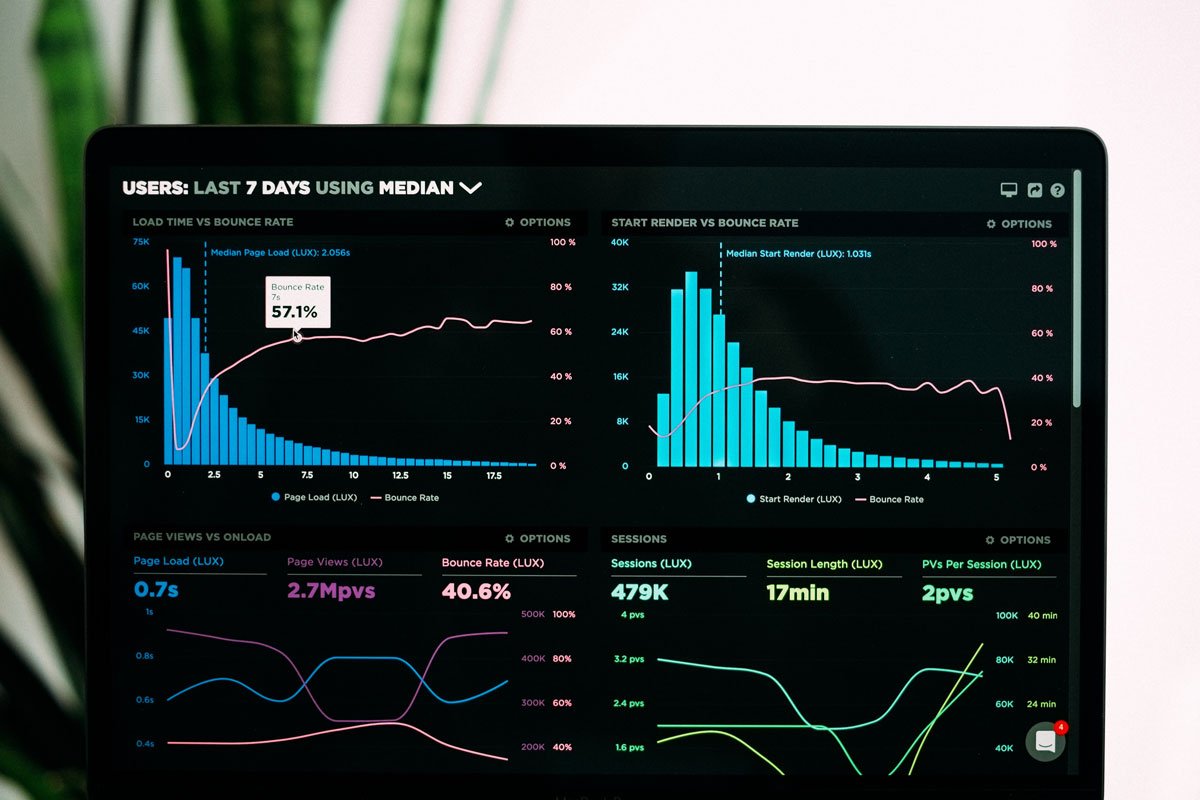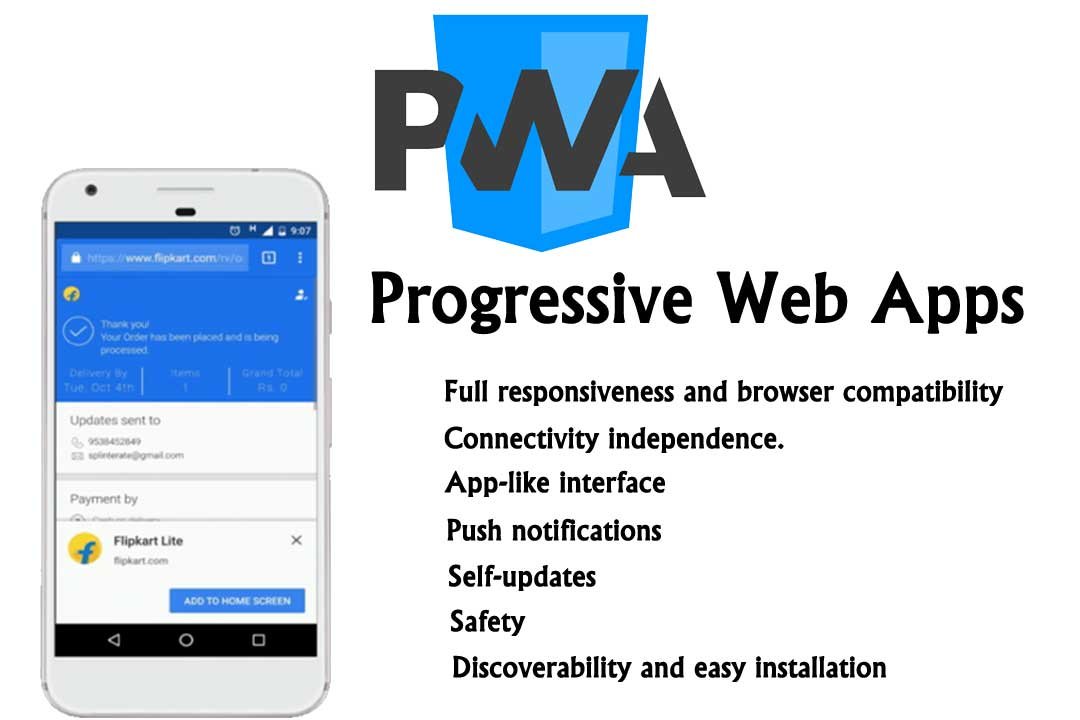How Website Hosting Impacts Your Website’s Speed
Creating a new website for your business or personal reasons? You’ve probably got an idea of what brand colours you want, the fonts you want to be used, and how the website should be laid out. But have you considered website hosting? It’s something most people leave until the end, but it’s more important than most people realize. If the host you choose is on the lower-quality end, your site could be plagued with a ton of downtime, security compromises, and terrible website loading speed… All of which is NOT going to make visitors happy. Website loading speed in particular can have a massive effect on your business. Here’s how website hosting impacts your website speed and here’s what you can do to improve your website speed.
What Factors Impact Website Speed?
Several hosting factors can have large impacts on website speed, including server location, data transfer, and server performance. Let’s dig into each one.
Interestingly, the physical location of the web server affects how fast your pages load. The closer the server is to the user, the faster the website will load. This is because the data has to travel a shorter distance, so it can be transferred faster, loading the full page within a second or two rather than having a delay.
Another thing that affects loading speed is the amount of data that needs to be transferred from the server to the user’s device. The more data that needs to be transferred, the longer it will take for the website to load.
Another thing that makes a difference is the type of files you’re transferring. Video files take up a lot of data. Images do too, especially when you have multiple images on each page of your website. If you have videos on your website, it’s recommended to host them externally—ie. on YouTube, Vimeo, etc—and simply embed the link into your website.
Finally, server performance can significantly affect website loading speed. The type of hardware and software used by the web server can determine how quickly the website is able to load. However, this is out of your hands—it’s in the hands of the company you’re using as a web host.
This is why it’s essential to choose a reputable web host. It’s also important to be careful about what type of web hosting you choose, as sharing resources can make a huge difference to the performance of the server. A dedicated server always performs better than a shared one!
Types of Website Hosting
There are several types of web hosting available, each with its own advantages and disadvantages. Consider each type carefully before choosing, as it can make a big difference—positive or negative—to the way your site operates.
Shared hosting is a cost-effective option, with multiple websites sharing one server. While this type of hosting is less expensive, it can lead to slower page loading times because other websites on the shared server consume resources.
VPS hosting provides more control over the server. VPS stands for “virtual private server”, which means the server is technically shared but set up so each website has its own space with dedicated resources. This type of hosting is more expensive than shared hosting but can provide faster page loading times.
Dedicated hosting offers a single server per website and provides resources exclusively for one website. This type of hosting is more expensive but can provide better performance and faster loading times than other types of hosting services because the resources on the server are only for one website. Nothing shared!
Finally, cloud hosting combines multiple servers for a more reliable and faster website. Cloud hosting is quite a bit more expensive than other types of hosting but can provide improved scalability and reliability for websites that get a lot of traffic.
Benefits of Using Quality Website Hosting
Using the right type of hosting with a reputable company can lead to many benefits for your website, including faster page loading times, improved user experience, and increased security.
Faster page loading times are essential for providing a smooth and easy user experience. Quality website hosting can lead to faster page loading times due to dedicated resources and better performance from the server.
There are multiple steps you can take to improve your website speed, including removing plugins you don’t need, hosting your videos and images on other sites, and eliminating redirects. But don’t neglect the importance of choosing a top-notch web host when it comes to making your website load faster.
Improved user experience is always a good thing. Visitors want a streamlined experience when they land on a website, and many of them will bounce from the site within 3 seconds if the page hasn’t loaded yet. Good website hosting can provide an improved user experience, faster loading times, and better performance.
Finally, choosing a quality web host can improve security with better protection from malicious attacks. By being picky about the web host you choose, your website can benefit from stronger firewalls and improved levels of security.
It only takes one malicious attack to lead to an expensive and stressful ordeal fixing your website. It’s in your best interest to choose website hosting that offers excellent security and cares about the welfare of your website.
Conclusion
Website speed is the time it takes for a web page to fully load, and it can make a big difference in your business. Slow loading times can chase off visitors before you get the chance to convert them, so it’s in your best interest to ensure that you improve your website speed fast enough to keep visitors on your site.
Excellent website hosting can lead to faster page loading times, improved user experience, and increased security. On the other hand, choosing to go with a web host that’s of lower quality can have a detrimental effect on your website, chasing away traffic and lowering your conversion rate.
Thankfully, it’s a fairly simple thing to fix. By taking small steps to improve your website speed, you can keep your customers happy and your conversion rate up. But it’s also a good idea to consider whether you should be changing your website host in order to help speed up your website loading time.
When selecting a web hosting provider, consider factors like budget, type of website, and server performance so you can find the best solution for your needs.
Hope you understand the hosting factor that impacts your website speed.







